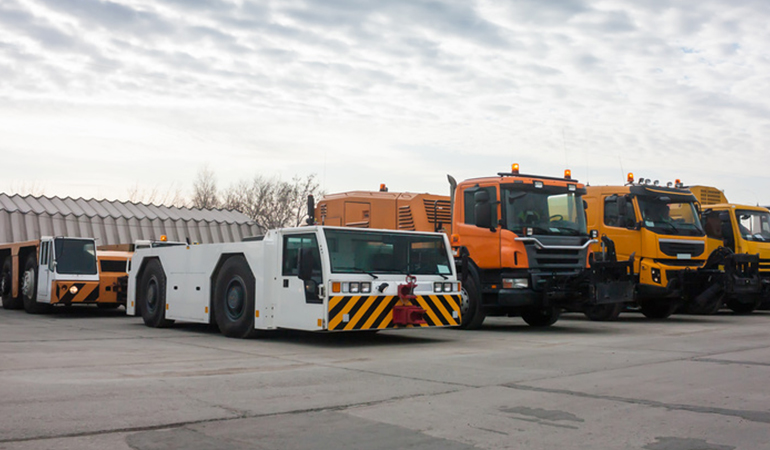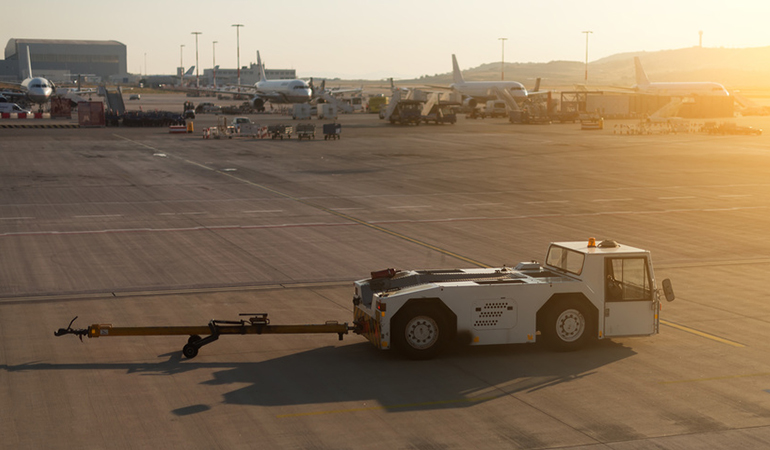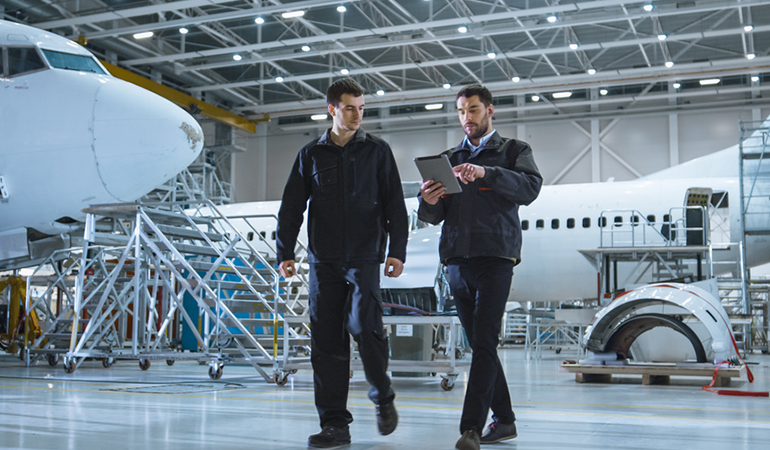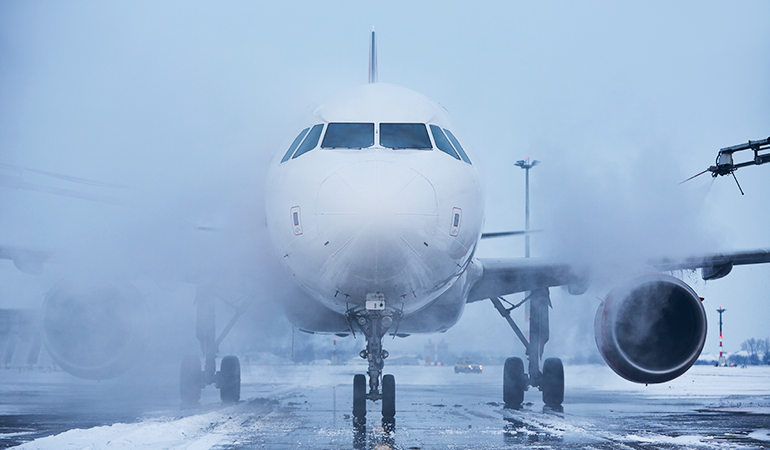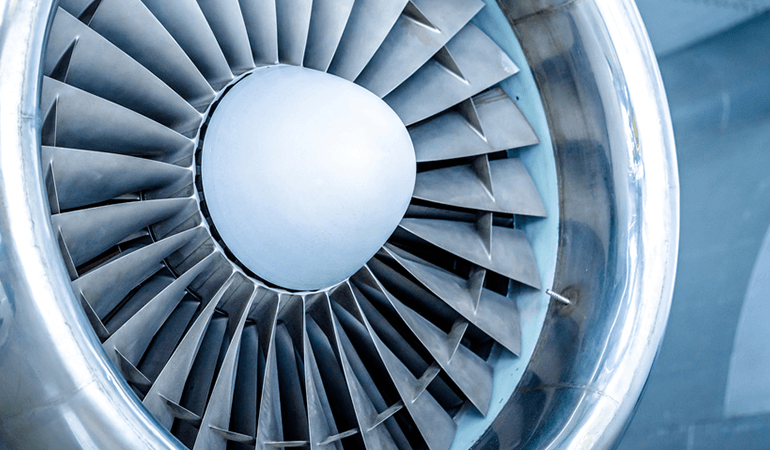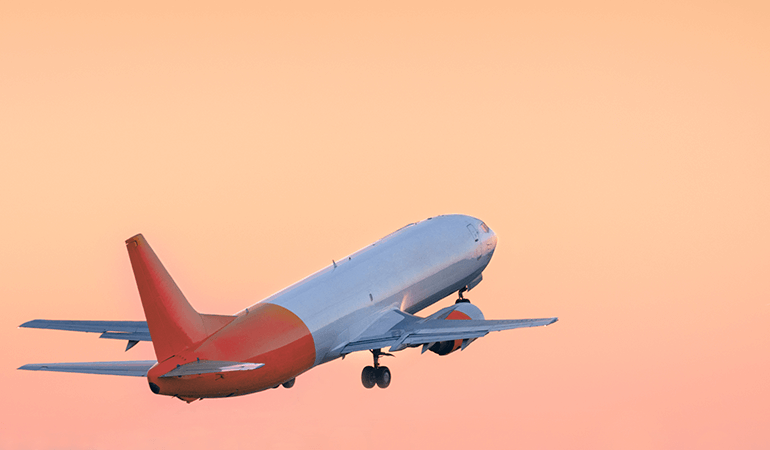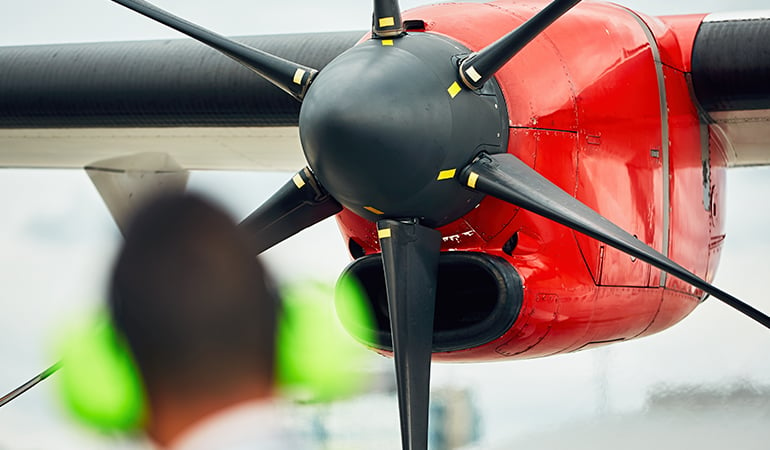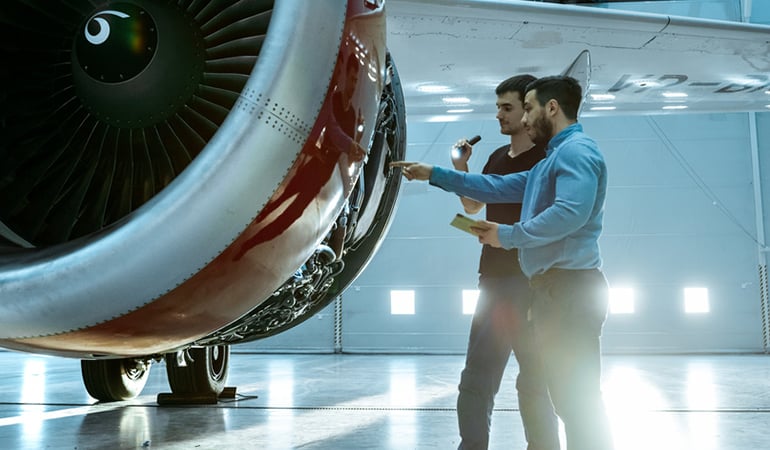“Big Data” is fast becoming a stalwart buzzword of the 21st century business lexicon, yet how many who casually toss it around have a strong grasp for exactly what it is and does, and can offer? In a watered-down nutshell, big data is the process of sifting through enormous quantities of raw data and identifying often subtle trends, like indicators of failure. But how exactly is Big Data positively impacting fleet maintenance today? Is it farfetched and futuristic, or does it provide actionable intelligence right now?
Using Big Data to Maintain Fleet Health of GSE
